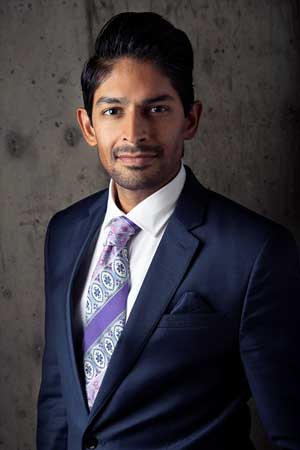Does the English language contain a word scarier than “probate?” Of course it does, but a lot of Estate Planning attorneys will tell you otherwise.
If you’re unfamiliar with probate, “probate” is the legal process by which a Court determines what to do with someone’s stuff after they die. Typically, this process involves (1) identifying everything the deceased person owns, (2) identifying any unpaid debts the deceased person owes, (3) using the stuff the deceased person owns to pay off the debts the deceased person owes, and then (4) dividing up whatever is left among other, less deceased people. There are four things that can make the prospect of probate a little scary. First, it can take a long time. Second, it can be expensive. Third, its uncertain. Fourth, its public. We don’t want you to fear probate. It can be a perfectly effective way to close out your estate after you pass. We simply want you to know that there are likely faster, less expensive, more certain, and private ways to manage your estate.
One option is a simple Will. A will won’t keep your estate out of probate, but it will add certainty by telling the Court exactly what you want to happen. More certainly means less conflict which leads to lower legal costs. Our firm offers a reasonably priced Will Package that includes a basic Will, a Living Will and Medical Power of Attorney (which address medical decision making if you’re incapacitated), a Statutory Power of Attorney (which addresses financial decision making), and a Declaration of Last Remains. For some folks, this package provides everything they need to ensure a smooth process for their loved ones at the time of their passing.
A second option is a Living Trust. We want to be clear about this – not everyone needs a living trust. If you lack significant assets or you hold sizeable debts; if you don’t want to be particularly specific about who gets what; if you don’t think your wishes will cause conflict among beneficiaries, you may not need a trust. For those individuals with significant assets, or who want to be very specific in their bequests, or who prefer privacy, a Living Trust may be an appropriate tool. It is also a very effective way to avoid the delays, costs, and risks of probate.
If you have questions about planning your estate, give us a call. We’d be happy to speak with you about your specific situation. We’ll do our best to understand your individual goals and help you identify the right tool for you.
